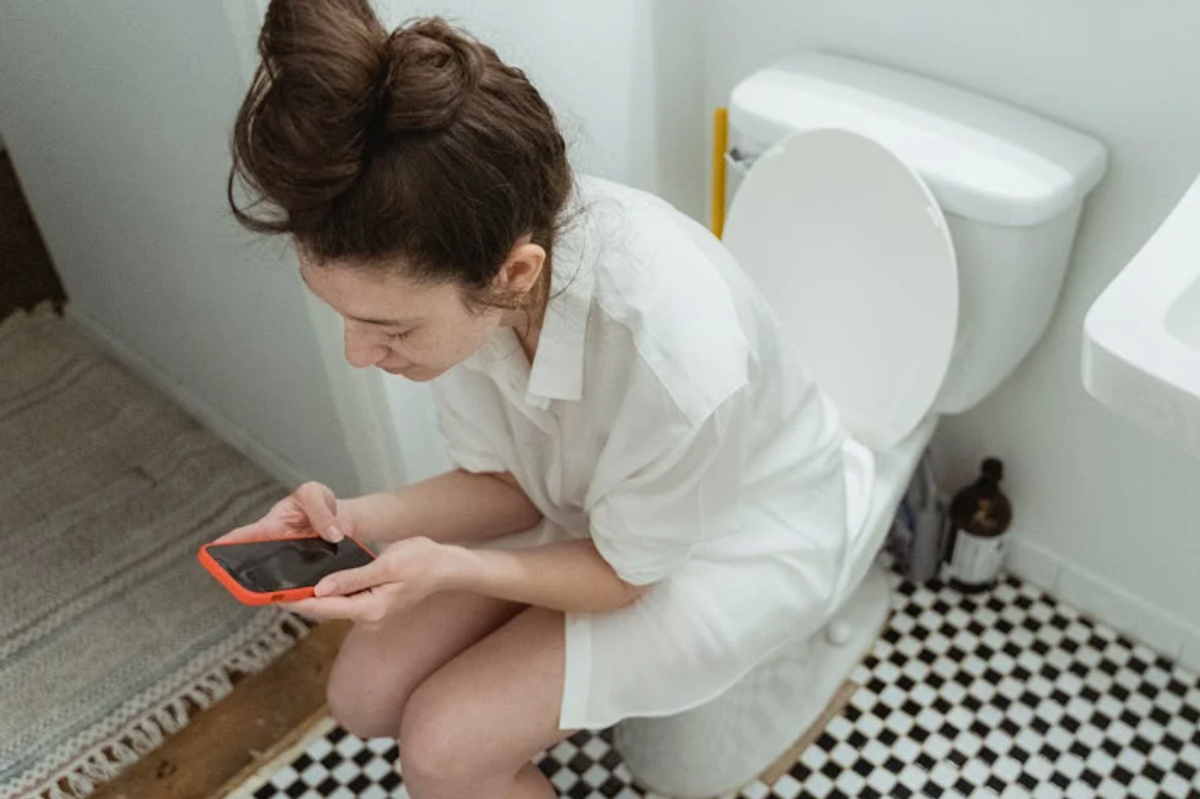
One of the most popular health trends over the last few years has been staying as hydrated as possible, evidenced by the massive popularity of 40-oz Stanely Quencher cups. The theory among those who obsess over hydration is that, when you pee clear, you’ve removed all the waste in your body and are enjoying the incredible benefits of being 100% hydrated. Congratulations.
However, according to Dr. Sermed Mezher, an NHS doctor in the UK, peeing clear isn’t always a sign of being healthy.
“If you’re peeing clear, that means you’re having more than 2.5 liters (85 ounces) of fluid per day, which means your kidneys are working overdrive to keep that water off your brain,” Dr. Mezher said. He goes on to add that when kidneys can’t keep up with their water intake, it can cause water intoxication, which can lead to dangerous, even lethal, brain swelling.
Stop Trying to Get Your Pee Completely Clear #hydration.
@drsermedmezher Stop Trying to Get Your Pee Completely Clear #hydration. The daily water intake recommendation for adults is crucial for maintaining proper hydration levels, which are essential for overall health and well-being. While there is a common guideline suggesting eight glasses of water per day, equivalent to around 2 liters or 64 ounces, individual hydration needs can vary based on several factors. Age, weight, activity level, and even climate all play roles in determining the appropriate amount of water intake. For instance, someone who exercises regularly or lives in a hot, humid climate may need to consume more water to replenish fluids lost through sweat. Listening to the body’s thirst cues is also important in determining hydration needs. Thirst is the body’s way of signaling that it needs more fluids. However, it’s worth noting that by the time you feel thirsty, you may already be mildly dehydrated. Therefore, it’s beneficial to drink water regularly throughout the day, even when not feeling thirsty, to maintain adequate hydration levels. In addition to water, other beverages such as herbal teas, fruit-infused water, and low-sugar electrolyte drinks can contribute to overall fluid intake. However, it’s essential to be mindful of the sugar and caffeine content in some beverages, as excessive consumption of these substances can have adverse effects on hydration levels and overall health. Certain factors can increase the need for hydration beyond the standard recommendation. For example, individuals who engage in intense physical activity or exercise may lose significant amounts of fluids through sweat and increased respiration. In such cases, it’s essential to drink water before, during, and after exercise to prevent dehydration and maintain performance levels. #kidneys #water
According to Dr. Mezher, it’s all about finding balance when it comes to hydration and the goal shouldn’t be to pee clear all the time. “Of course, like most things in life, too much is not great, and too little isn’t either,” he continued. Two liters (68 ounces) [of water] is good for a healthy adult, and babies under six months shouldn’t be given any water at all.”
The news came as a bit of a shock to some folks in the comments. “One minute it’s not enough water, the next it’s too much… I’m tired,” Tiyana wrote. “I always thought the goal was clear,” Mountain Witch added.
If you have concerns about the color of your urine, please consult a doctor.

